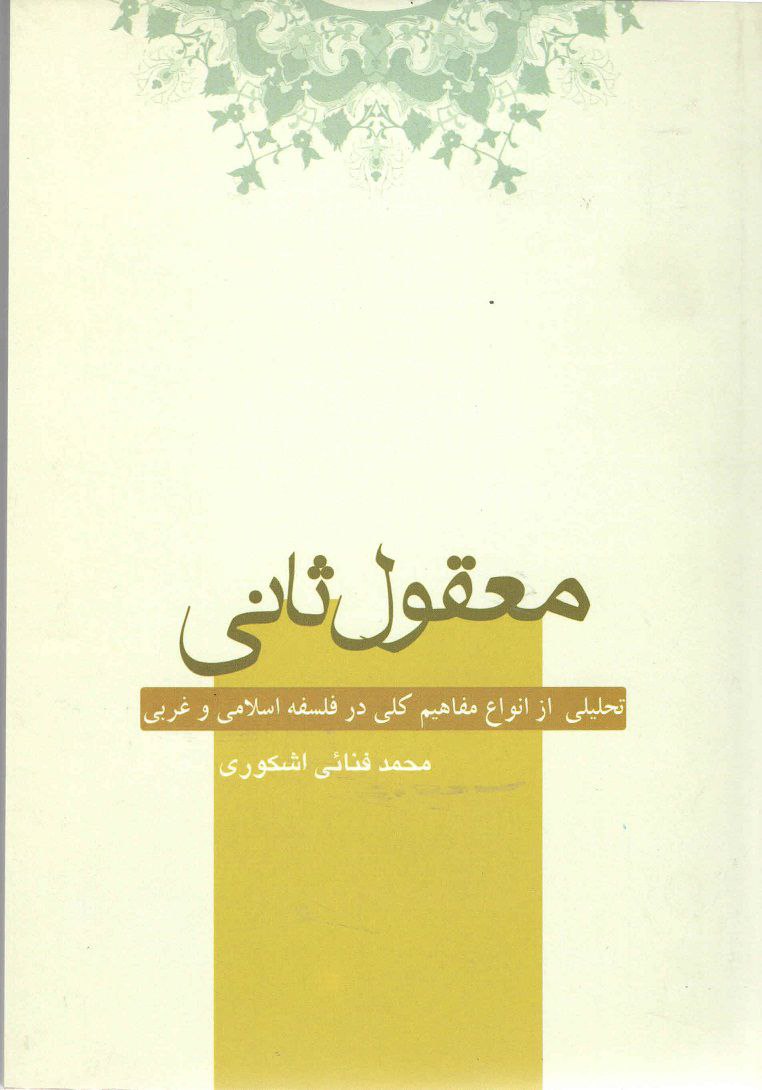Secondary Intelligibles (معقول ثانی), Qom, Imam Khomeini Educational and Research Institute, 1996.
Subtitled “An Analysis of Universal Concepts in Islamic and Western Philosophy,” the book explores the concept of maʿqūlāt, particularly secondary intelligibles (maʿqūl-e thānī) in Islamic philosophy, and compares them with similar notions in Western thought. The author examines secondary intelligibles—abstract mental concepts that have no concrete external existence—as one of the key subjects of Islamic philosophy. Drawing on the views of philosophers such as Avicenna (Ibn Sīnā) and Mullā Ṣadrā, the book discusses the distinction between: Primary intelligibles (concepts related to the essence of objects), Logical secondary intelligibles, Philosophical secondary intelligibles (abstract notions such as existence, unity, and causality) In Islamic philosophy. These concepts serve as fundamental elements of metaphysical and epistemological systems. The book adopts a comparative approach, examining the concept of intelligibles in relation to medieval and modern Western philosophy. It critiques modern trends that attempt to reduce philosophical concepts to mere empiricism or linguistic analysis. The author argues that such approaches fail to account for the complexity of abstract concepts like “existence” or “unity,” and advocates a return to the foundations of Islamic philosophy to effectively address these philosophical challenges.
The book explores the threefold classification of intelligibles, focusing particularly on the theory of secondary intelligibles from both a historical and analytical perspective. Therefore, the treatise is divided into three sections: 1. The first and most extensive section analyzes the views of Islamic philosophers. 2. The second section presents key perspectives from medieval and modern Western philosophers. 3. The third section is a distinct, analytical, and comparative discussion of intelligibles and their philosophical implications, especially their epistemological foundations and consequences. The book also emphasizes the role of secondary intelligibles in the development of various fields of knowledge, both in philosophy and the sciences. By analyzing examples such as the concept of “existence” in Ṣadrian philosophy, the author demonstrates how these concepts serve as tools for achieving deeper understanding of reality.
